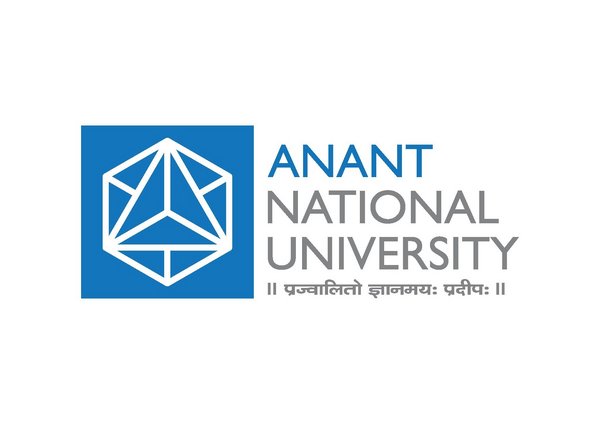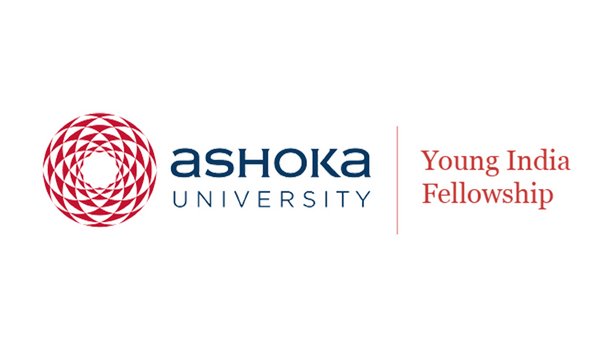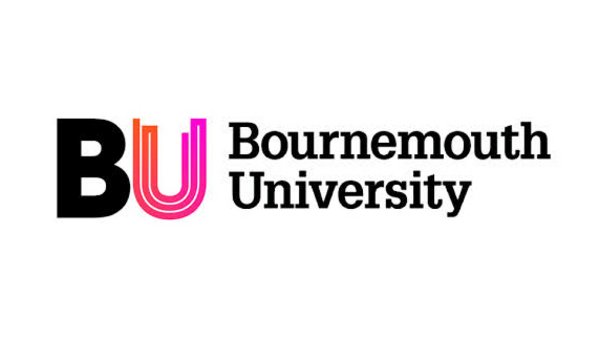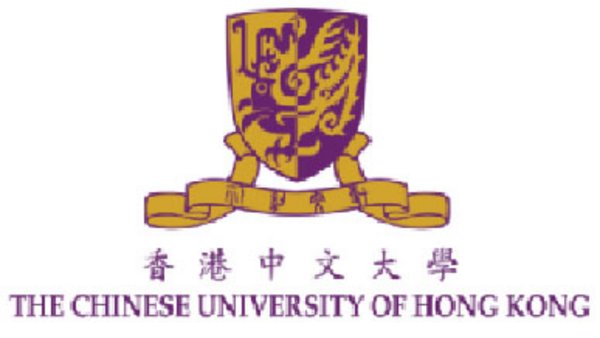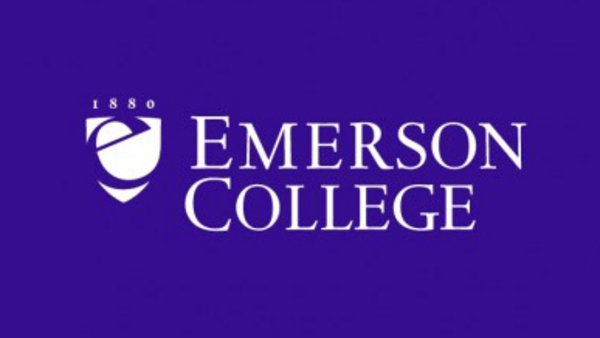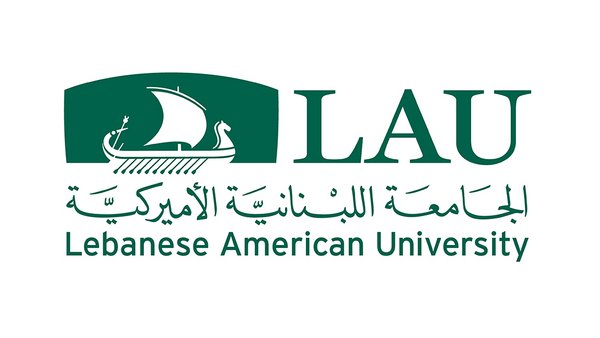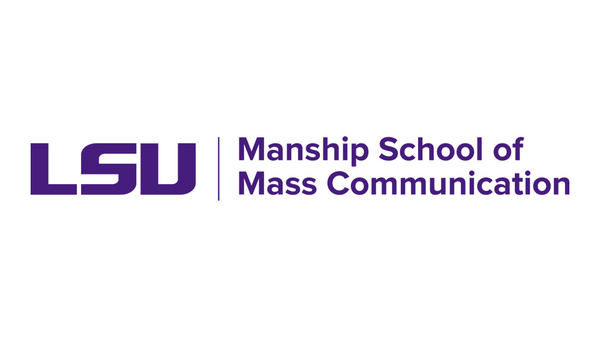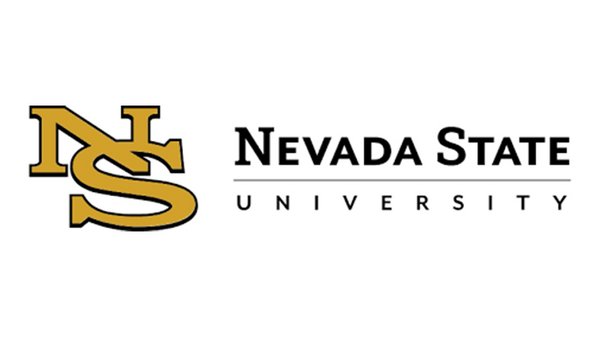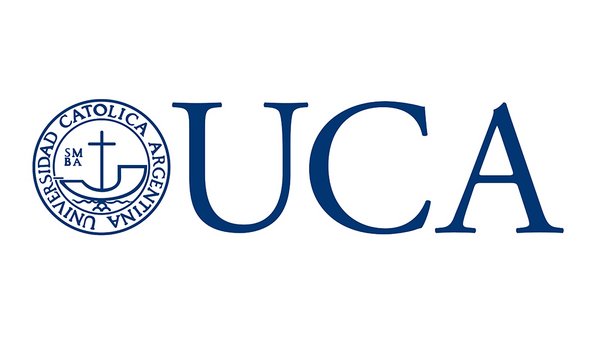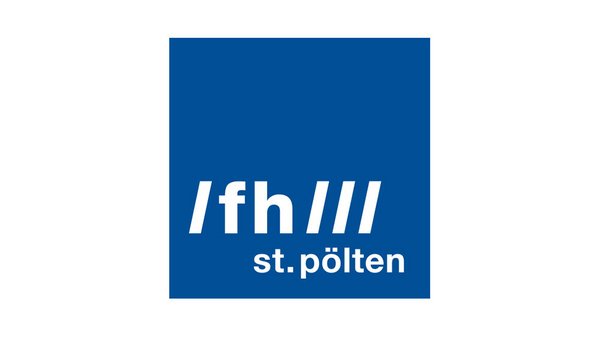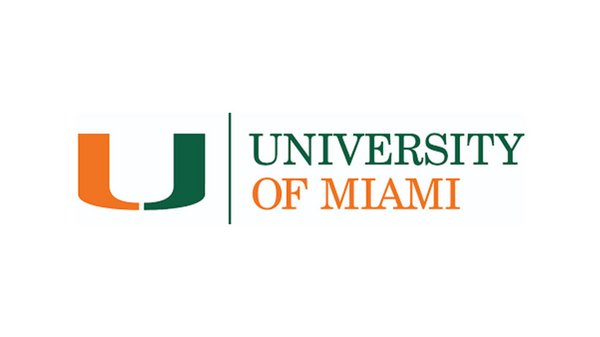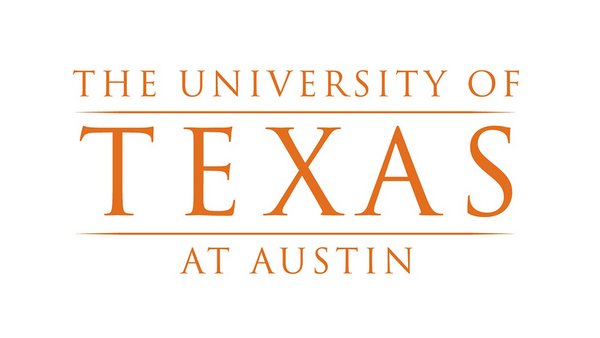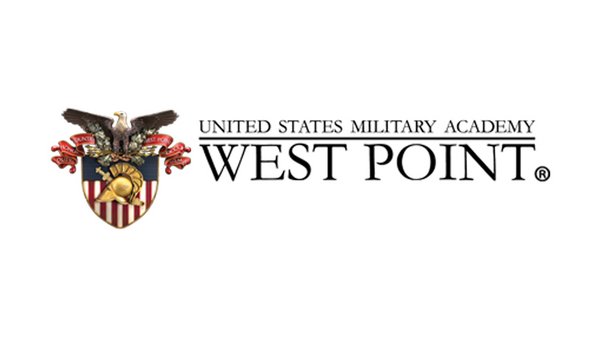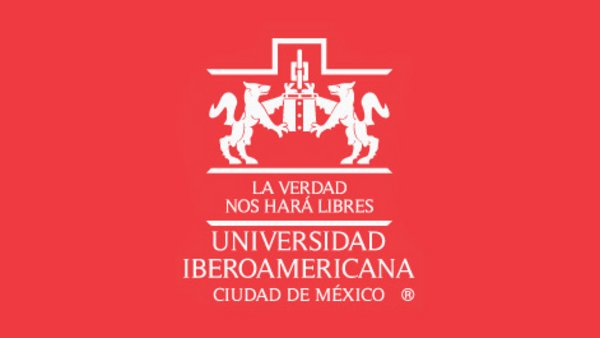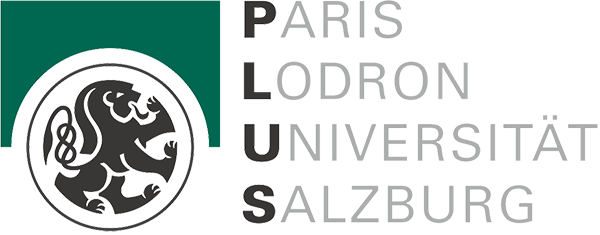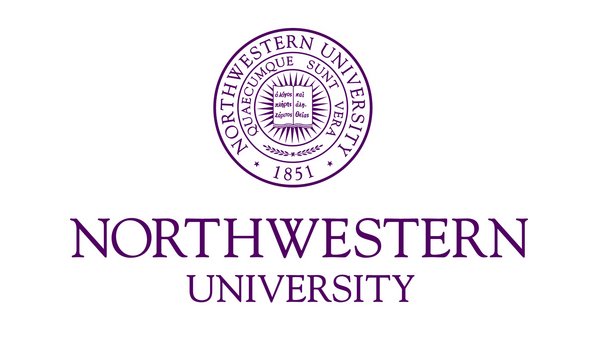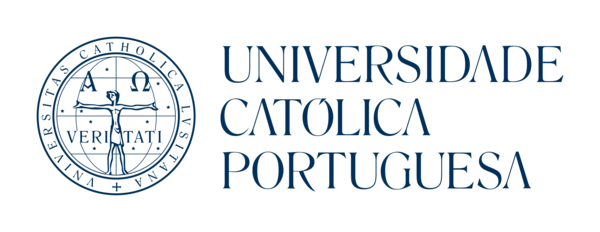-
Topics
backTopicsOur programs create spaces where open-minded leaders can gather for breakthrough conversations on pressing global issues – each aligned to one of the following pillars:
-
Events
backEventsExplore the variety of events Salzburg Global hosts within Austria and in the rest of the world. Learn more about our programs and what else happens at Schloss Leopoldskron.Upcoming EventsFeb 05 - Feb 07, 2026Peace & JusticeDisruption and Renewal: Charting the Future of the International Rule of Law, Democracy, and PluralismSalzburg Cutler Fellows Law ProgramApr 13 - Apr 18, 2026CultureCreating Futures: Rethinking Cultural Institutions, Infrastructure, and InvestmentCulture, Arts and Society
- Insights
-
Fellowship
backFellowshipSince 1947, more than 40,000 people from over 170 countries have participated in Salzburg Global's sessions. Collectively, these alumni are known as Salzburg Global Fellows.
-
About Us
backAbout UsSalzburg Global is an independent, non-profit organization committed to creating spaces that overcome barriers and open up a world of better possibilities.Our Approach
-
Support Us
backSupport UsYour generosity helps us gather open-minded leaders for breakthrough conversations, while creating space for dialogue that overcomes barriers and opens up a world of better possibilities.
- Donate
- Date
- Jul 15 - Jul 31, 2024
- Session no.
- SAC 18
- Location
-
Schloss Leopoldskron, Salzburg, Austria
- Contact
-
Paul MihailidisProgram Director & ProfessorValeriia ChernyshProgram Manager, EducationOlisa DellasManager, Development and Evaluation, Salzburg Global, AustriaSammi Ho Wing TungProgram Intern, Salzburg Global Seminar, China, Hong Kong SAR
Share
Education
Belonging in the Age of Machines: Reimagining the Soul of Media
The continued expansion of machines has placed great pressure on societies to find ways to belong to inclusive and vibrant societies. The emergence of generative artificial intelligence, machine learning, neural networks, and increasingly pervasive mobile platforms profoundly impact the ways societies function. These impacts are particularly present in media, where information and communication norms, vital to the preservation of robust civic societies, are under threat. This climate demands responses that don’t focus solely on new media systems and practices but also explore solidarity, togetherness, and belonging in the age of invasive machines.
Date
Jul 15 - Jul 31, 2024
Session no.
SAC 18
Location
Schloss Leopoldskron, Salzburg, Austria
Contact
Share
PROGRAM INFO (pre-program)
The 2024 program of the Salzburg Academy on Media & Global Change asked how we could support and prioritize human belonging, compassion, attentiveness, and solidarity in a time of increasingly invasive technologies. We explored what practices and pedagogies could advance relations and radical co-existence. Alternative truths and existing inequities threatened the best of intentions for machine learning and artificial intelligence. At a time of global conflict and strife, we looked for pedagogies that centered care and the humanities as a way to develop with technology and communities that were both positive and productive. As we looked around the world, the need to fight for more inclusive and connected futures was of great urgency.
In this program, we explored ways to reintroduce the human to the machine and explored ways to center care within the development of “thinking” technologies. As automated technologies learned from humanity, we paused to ask what they were learning and emulating. What were the lessons we wanted to pass on to machines? How would they think, or possibly feel, about humanity? While media and popular culture provided ample negative images and dystopian futures, the challenge of 2024 was to imagine the possibilities of finding belonging in the age of machines. What could it look like, feel like, and potentially introduce to the global community?
Science fiction author Isaac Asimov once wrote three laws for robotics. 1) A robot may not injure a human being or, through inaction, allow a human being to come to harm. 2) A robot must obey orders given it by human beings except where such orders conflict with the first law. 3) A robot must protect its own existence as long as such protection does not conflict with the first and second laws.
Asimov’s laws served as a basis for both fictional and theoretical discussions about conscious technology; however, Asimov’s three laws also reflected how humans might begin to think and care for each other. As we considered what values we taught technology, we also paused to consider the values we taught ourselves.
The Salzburg Academy on Media and Global Change was an in-residence program that brought together 60-70 emerging leaders across media fields to connect with faculty, industry leaders, and media makers to explore how media could support more equitable and just global futures. The program offered innovative and dynamic opportunities each day for seminars, workshops, and culture-building opportunities, along with a program focused on cultural and personal enrichment. Program participants experienced the following experiential outputs:
- Connection to an active international community of outstanding leaders working at the intersection of media, innovation, and social change.
- Inspiration and learning from across the world and foresight into directions for future media environments and innovations.
- Relationships for networking in media fields across organizational, professional, and national boundaries.
- Access to a vast network of Salzburg Global Fellows working on similar pursuits.
Participants also had the opportunity to:
- Harness the collective intelligence and experience of over 85 other emerging and established leaders in media and media education fields.
- Opportunities for mentoring, peer network building, and collaboration.
- A candid, safe, and open exchange with peers under the Chatham House Rule.
The Media Academy ran for 16 days. Programming ran four days per week and included a mix of seminars, workshops, a film club, interactive activities, cultural excursions, a musical performance, and other social activities. Three excursions complemented the in-time program. Weekends were open for participants to explore Salzburg, Austria, and surrounding spaces. The program took place at Schloss Leopoldskron.
Across program themes, the Salzburg Academy on Media & Global Change has focused on the following core questions:
- What does it mean to belong in an age of invasive media practices?
- What key features of machines - artificial intelligence, platforms, and beyond - exacerbate social, civic, and political divides?
- What media practices and pedagogies are needed to support more human-centered realities?
- How can we imagine media systems to support strong social cohesion in the age of abundant digital media realities?
- What human aspirations are needed to promote belonging and care in the age of the machine?
The Salzburg Academy on Media & Global Change brings together emerging and established leaders across media fields. Our participants come from top-tier universities around the world across all levels of learning. Additionally, we welcome professionals at all levels of their careers interested in thinking about media as a vehicle for innovation across sectors and industries. This program builds networks for those involved in media production, media innovation, media policy, and beyond, and who are interested in the capacity for media to support positive social reform, inclusive new realities for global cooperation, and transformational change across and within public and private institutions.
- Launch a network of aspiring leaders in media industries to collaborate on new ventures, initiatives, and collaborative projects for more inclusive, robust, and sustainable media initiatives.
- Create a multimedia publication that presents a series of Speculative Media Initiatives in support of more inclusive and robust media futures.
- Produce a Faculty Report (Salzburg Statement) on transformative pedagogies for inclusive media futures.
- Implement imaginative practices and pedagogies created at the Media Academy with partner institutions around the world.
- Provide co-design workshops for aspiring media makers to hone their skills in media design for creative storytelling and media innovation.
- Offer media education training for inclusive and transformative leadership in media industries and media education.
- Connect participants with past alumni networks to expand the footprint of the Media Academy community and strengthen the potential for collaboration and engagement.
How to apply
How to Apply?
The application process has concluded. The candidates will be announced later in April or at the beginning of May.
To help you prepare, here's what to expect from Salzburg Global's applicaton portal. Responses should be short (1,000 characters max).
1. Describe how participating in this program will advance your personal and/or professional goals
2. Share a vision of how you think media innovations can support positive change in your field of work?
3. Share an example of a new idea, innovation, strategy, or practice you have been part of?
4. Share a bio, CV/resume, and other documentation that highlights relevant professional experience.
Who Should Apply?
The Salzburg Academy on Media & Global Change brings together emerging and established leaders across media fields. Our participants come from top-tier universities around the world across all levels of learning. Additionally, we welcome professionals at all levels of their careers interested in thinking about media as a vehicle for innovation across sectors and industries. This program builds networks for those involved in media production, media innovation, media policy, and beyond, and who are interested in the capacity for media to support positive social reform, inclusive new realities for global cooperation, and transformational change across and within public and private institutions.
Language of Communication: English


